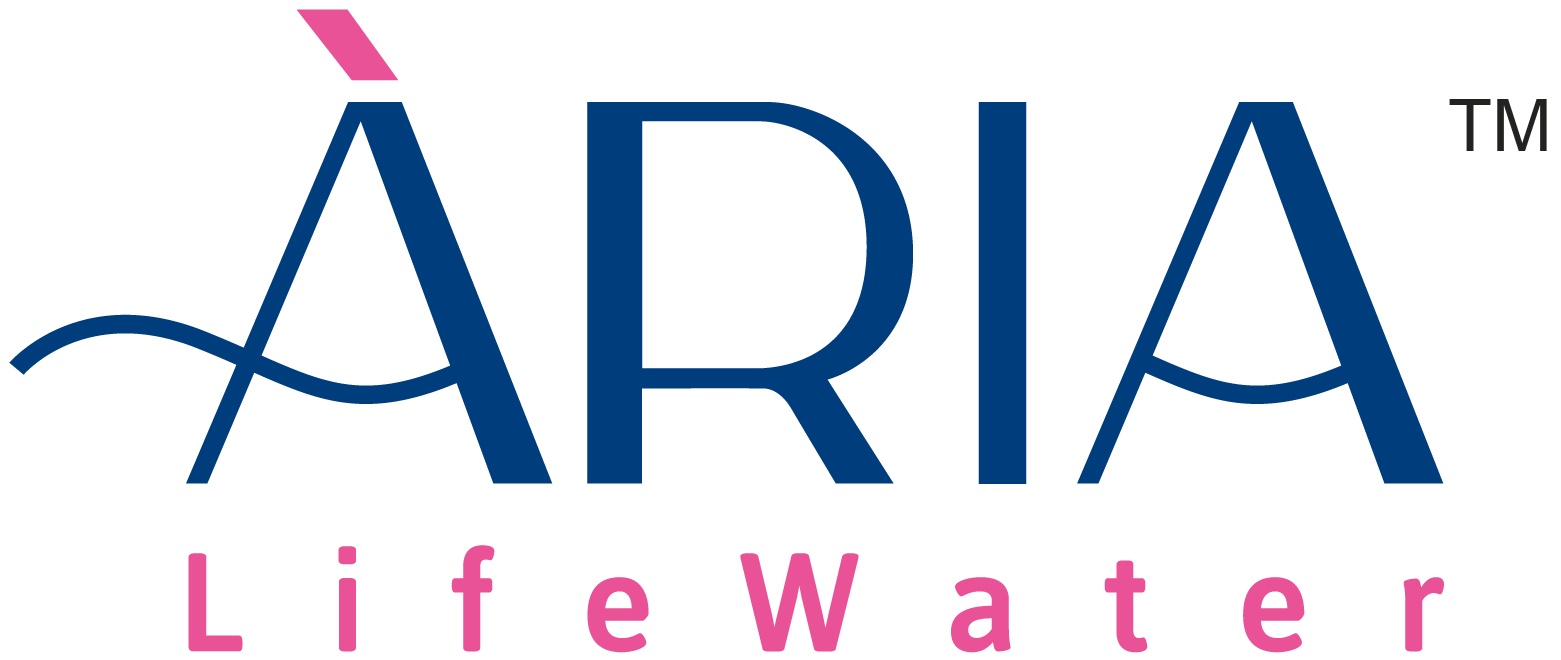Here are some common questions about Ària LifeWater
How does the Ària LifeWater technology work?
Air to water generators are used to harvest moisture from the atmosphere. This moisture is cooled and condensed to transform air to water. The condensed water is filtered to remove impurities, re-mineralised and bottled for drinking purposes.
Is this technology harmful to the environment?
No. This process is as natural as the rain cycle. At any given point of time, there are 37.5 million billion gallons of water in the atmosphere making it the most abundant source of fresh water. Only 1% of this is required to fulfil our global water needs.
Does the process of production consume vast amount of energy?
No. The technology is very energy efficient. In fact, we utilise much of the cooling created from the air water ducts to air condition our bottling plants thereby making huge energy savings and cutting large production costs.
Air has so many impurities in it. Is this water safe to drink?
Yes. This water is completely safe to drink. Any suspended dust particles in air are filtered out using an advanced filtration system. The virus and bacteria present in air are destroyed through the 4-step state-of-the-art purification process. The filtered water is collected in clean containers and bottled. Therefore, the water generated is extremely pure and good for drinking.
Does the water taste good?
Yes. Apart from the fact that the water is absolutely pure, safe and clean, it has a sweet, fresh and pleasant taste. There are no heavy metal or pesticides present in the water that affect the quality and taste. Air is passed through filters; water is purified and ozonated making it refreshingly fresh. Re-mineralisation adds a pleasant taste apart from health benefits.
What minerals are added to the water?
Ària LifeWater is re-mineralized with electrolytes - calcium and magnesium which gives it a pure and pleasant taste. CSIR - IICT ( Indian Institute of Chemical Technology ) standards have been followed for mineralisation.
What is different about Ària LifeWater compared to other bottled waters?
Ària LifeWater is the world's first packaged atmospheric water created using sustainable technology. It is generated from humidity in the atmosphere. Most bottled water is reprocessed ground or tap water. This means that they are filled from already depleting ground water on earth making them non-sustainable solutions.
Besides the adverse health effects of RO systems, they also waste 70-80 per cent of water during filtration. This ‘reject’ water is saline as it has a higher concentration of chemical contaminants and is of no use for any other purpose. In contrast, zero water is wasted in Ària LifeWater's purification process.
Ària LifeWater guarantees 100% microbe free water, straight from the air with zero chances of contamination unlike other ground sourced water.
It has a balanced pH of +7 with a sweet and pleasant taste. It also provides the right mineral composition as per standards. With suitable TDS, it caters to WHO and BIS standards of drinking water health and safety.
Why is Ària LifeWater better than RO water?
Ària LifeWater is purified using a sophisticated 4 step purification process and does not use RO systems. It is 100% microbe free and totally safe for drinking. Ària LifeWater is then re-mineralised as per standards recommended by the CSIR - IICT ( Indian Institute of Chemical Technology ) standards.
It has been scientifically confirmed that drinking Reverse Osmosis (RO) water causes more bodily harm and faster than most contaminants found in tap water. RO systems remove water impurities but also remove 92-99% of beneficial calcium and magnesium! Dietary minerals do not compensate the lack of minerals in RO water.
According to the WHO, the practice of adding minerals back into the reverse osmosis water could not be considered optimum.
What does pH mean for water?
The pH value of a water source is a measure of its acidity or alkalinity. The pH scale ranges from 0 to 14, with 7.0 being neutral. For example, something with a pH of 1 would be very acidic and something with a pH of 13 would be very alkaline. Normal drinking water generally has a neutral pH of 7. Alkaline water typically has a pH of 8 or 9.
What does TDS mean for water?
TDS stands for total dissolved solids, and represents the total concentration of dissolved substances in water. According to the Bureau of Indian Standards (BIS), the upper limit of TDS level in water is 500 ppm, while as per WHO it is 300 ppm. Generally, a TDS level between 50-150 is considered as the most suitable and acceptable.
How can I contact the Ària LifeWater team to share my feedback or ask a question?
You can write in to us at care@arialifewater.com or call our consumer helpline number +91 91215 00152.

